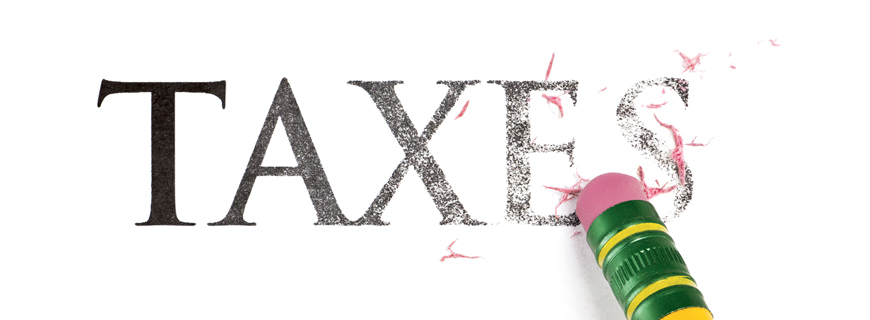Perhaps you’re one of the lucky people who are not only financially well off yourself, but whose children are also financially set for life. The down side of this is that they also face the prospect of high taxes on their estates. You may also want to ensure that future generations of your heirs benefit from your prosperity. To reduce taxes and maximize your gifting abilities, consider skipping a generation with some of your bequests and gifts.
But your use of this strategy is limited. The law assesses a generation-skipping transfer (GST) tax equal to the top estate tax rate on transfers to a “skip person,” over and above the gift or estate tax, though this tax is being repealed along with the estate tax. A skip person is anyone more than one generation below you, such as a grandchild or an unrelated person more than 37-1/2 years younger than you are.
Fortunately, there is a GST tax exemption. Beginning in 2004, this exemption was equal to the estate tax exemption for that calendar year. Each spouse has this exemption, so a married couple can use double the exemption. If you exceed the limit, an extra tax equal to the top estate tax rate is applied to the transfer — over and above the normal gift or estate tax.
Outright gifts to skip persons that qualify for the annual exclusion are also exempt from GST tax. A gift or bequest to a grandchild whose parent has died before the transfer is not treated as a GST.
Taking advantage of the GST tax exemption can keep more of your assets in the family. By skipping your children, the family may save substantial estate taxes on assets up to double the exemption amount (if you are married), plus the future income and appreciation on the assets transferred. Even greater savings can accumulate if you use the exemption during your life in the form of gifts.
If maximizing tax savings is your goal, consider a “dynasty trust.” The trust is an extension of this GST concept. But whereas the previous strategy would result in the assets being included in the grandchildren’s taxable estates, the dynasty trust allows assets to skip several generations of taxation.
Simply put, you create the trust, either during your lifetime by making gifts, or at death in the form of bequests. The trust remains in existence from generation to generation. Because the heirs have restrictions on their access to the trust funds, the trust is sheltered from estate taxes. If any of the heirs have a real need for funds, however, the trust can make distributions to them.




















